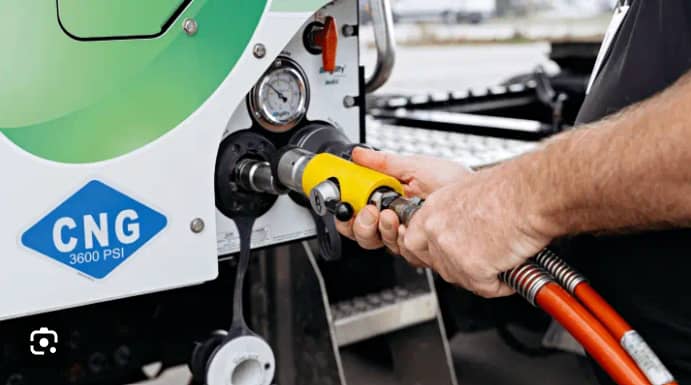Africa requires $200bn yearly for energy, climate goals – NLNG
By Yunus Yusuf Mr Philip Mshelbila, Managing Director of Nigeria Liquefied Natural Gas (LNG) Ltd., says Africa’s energy sector needs over 200 billion dollars in annual investments to meet its energy and climate goals. Mshelbila spoke at the networking session reception, hosted by Nigeria LNG in Berlin, Germany,Continue Reading





















